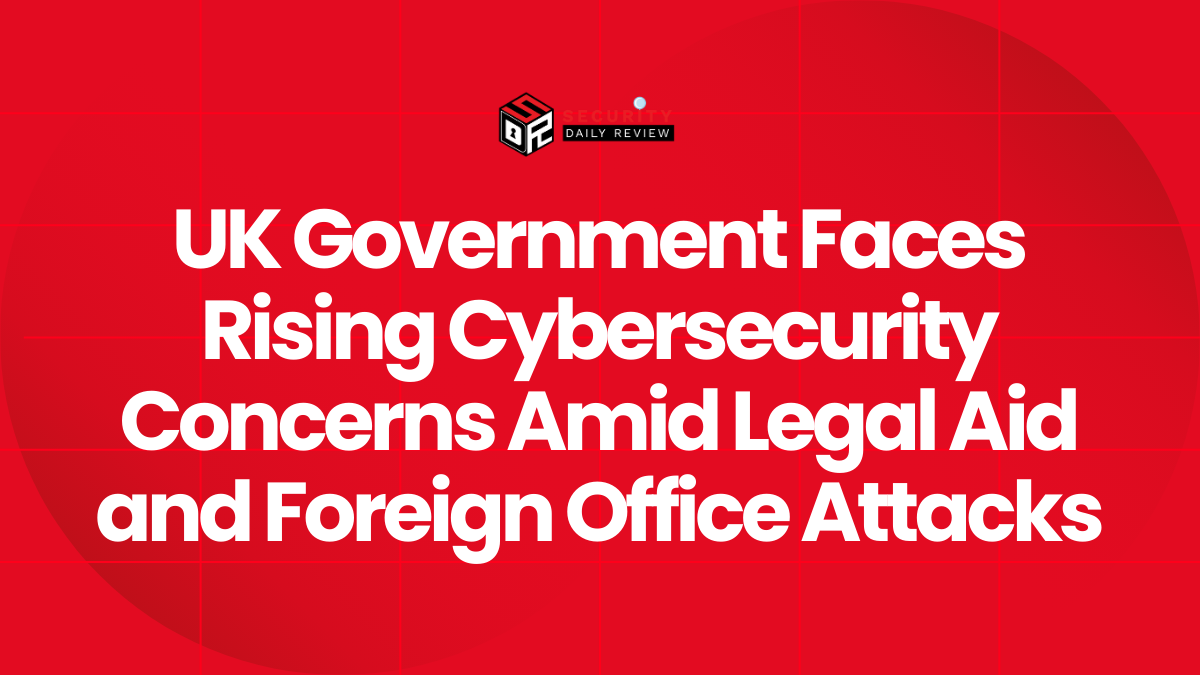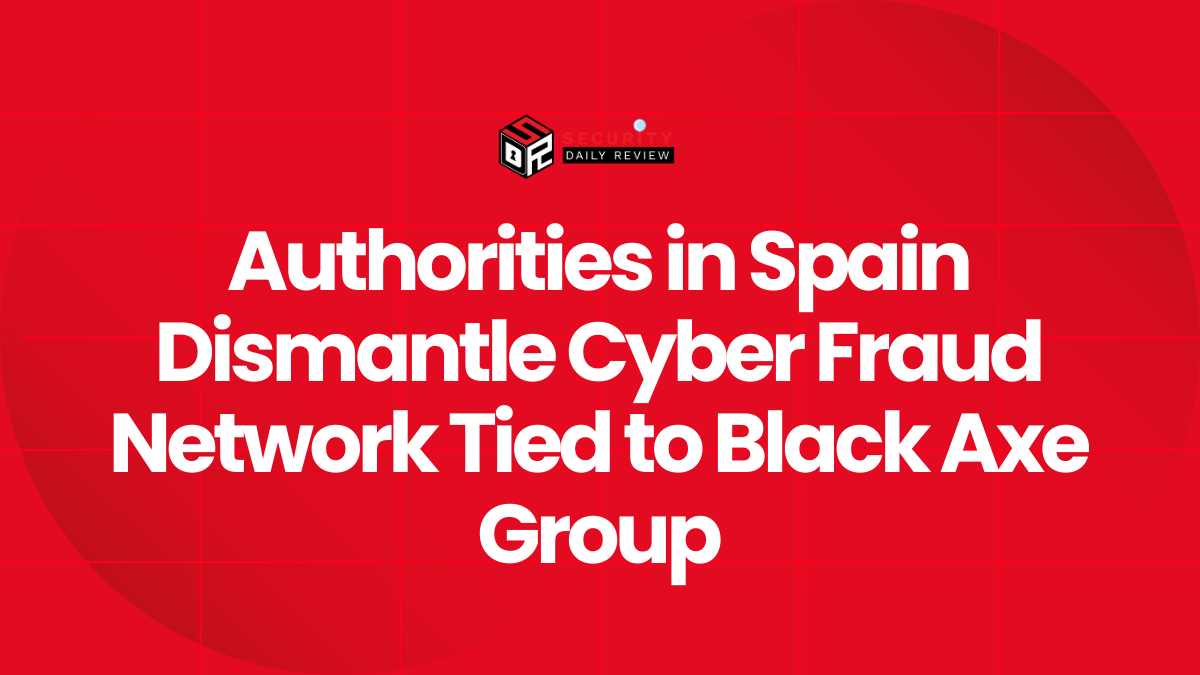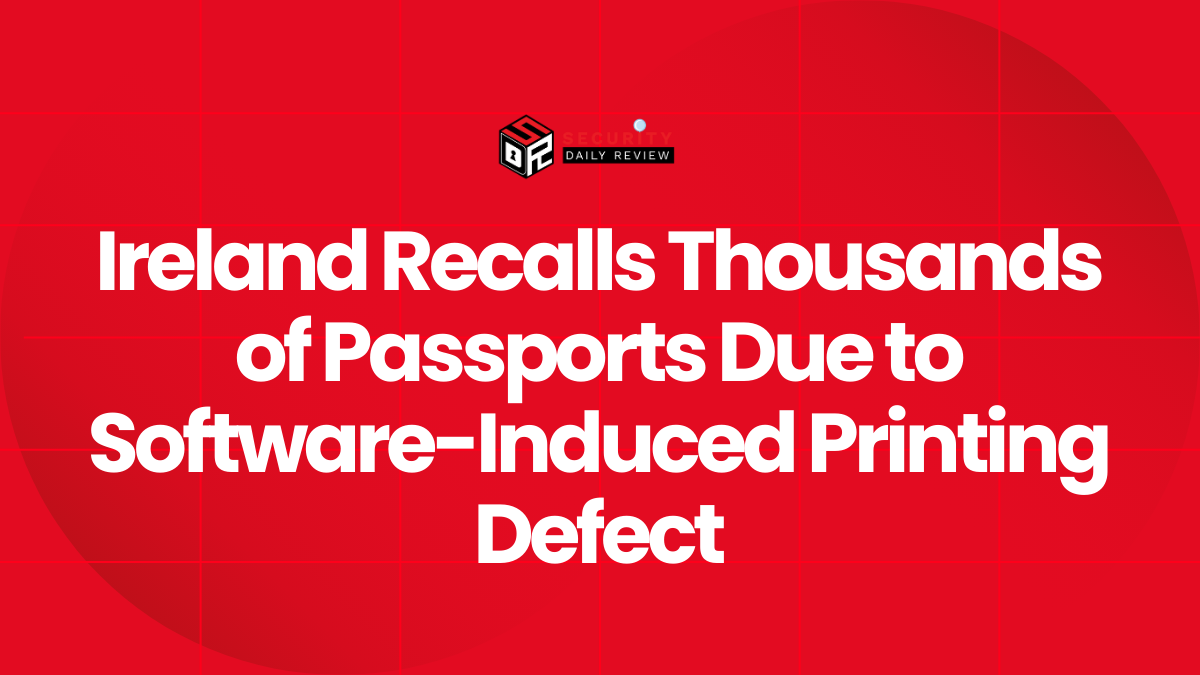A recent cyber incident at Eurofiber France has brought renewed attention to the security posture of customer support and ticketing platforms. The French subsidiary of the European fiber-optic infrastructure provider disclosed a breach that compromised sensitive information, following an unauthorized intrusion into its ticket management system.
Attackers Exploited Ticketing System Vulnerability
Eurofiber France reported last week that it had fallen victim to a targeted attack exploiting a vulnerability in its internal ticket handling system. The breach enabled unauthorized actors to gain access to the platform and subsequently exfiltrate information stored within the infrastructure, raising concerns about data protection for corporate and individual clients alike.
Limited Breach but Sensitive Scope
The company launched an internal investigation upon discovering suspicious activity, confirming that the attackers exploited a vulnerability that allowed access to historical support tickets. These tickets often include contact details, service-related identifiers, and installation information—data that, while not constituting passwords or financial details, still holds potential value for social engineering and phishing operations.
Eurofiber stated that it notified the Commission Nationale de l’Informatique et des Libertés (CNIL), France’s data protection authority, in accordance with General Data Protection Regulation (GDPR) requirements. The company also emphasized it is contacting affected customers directly to provide recommendations and maintain transparency.
Eurofiber Cyberattack Details and Mitigation Steps
Although Eurofiber has not disclosed the technical specifics of the exploited vulnerability, the company confirmed that the exploited entry point resided solely within the ticket management environment. There is currently no evidence that attackers accessed other internal systems or the broader company network.
To address the breach, Eurofiber France implemented the following steps:
- Closed the exploited vulnerability
- Reset authentication credentials associated with the ticket system
- Enhanced monitoring and forensic analysis to identify any signs of lateral movement
- Contacted external cybersecurity specialists for assistance
Broader Implications for B2B Infrastructure Providers
Sensitive Metadata in Ticket Systems Poses Ongoing Risks
As this breach demonstrates, customer service infrastructure such as support ticketing systems can represent an attractive vector for attackers, particularly against business-to-business (B2B) providers holding infrastructure-critical metadata. Even when no credential or payment information is exposed, the combination of contact information and service records can be leveraged in highly targeted attacks.
Given that Eurofiber specializes in fiber-optic infrastructure for enterprises, governments, and telecom companies, the exfiltrated data could serve as reconnaissance material for supply chain attacks or downstream ransomware targeting.
Vendor Hardening and Proactive Alerts Recommended
Cybersecurity professionals responding to this incident are advised to:
- Audit ticketing systems for unpatched vulnerabilities and improper access controls.
- Classify metadata stored in support systems according to sensitivity, even if it does not fall under traditional Personally Identifiable Information (PII) definitions.
- Provide proactive alerts to customers when even non-critical data is accessed in unauthorized ways, to mitigate follow-on exploitation.
- Monitor for credential stuffing or phishing attacks using hijacked support thread templates.
Data Security Remains a Critical Pillar in Support Platforms
The Eurofiber France breach is the latest in a line of incidents where secondary platforms like support ticketing or remote monitoring systems become entry points for data exfiltration. While the organization confirms limited fallout and swift mitigation, the incident underscores why support systems must be secured with the same rigor as core production assets.
As B2B operators increasingly rely on integrated digital systems to manage and resolve customer issues, cybersecurity programs must extend their zero-trust principles and vulnerability management to every layer of customer interaction.









